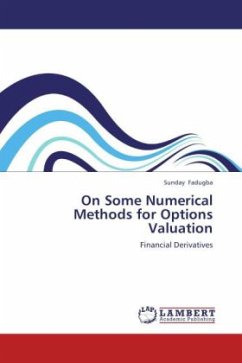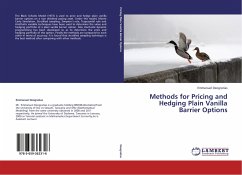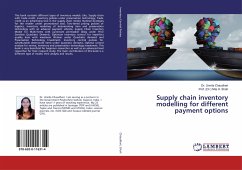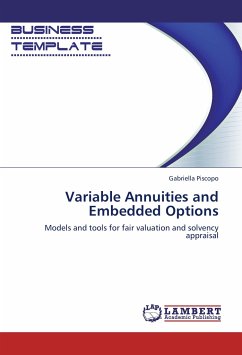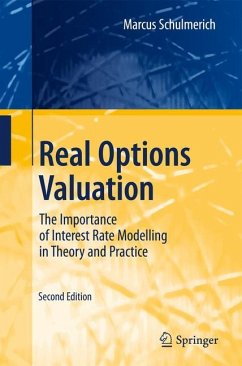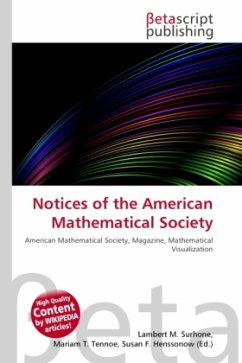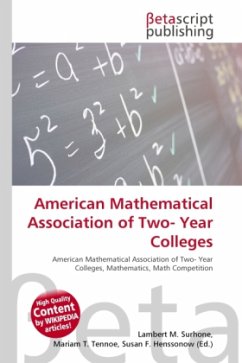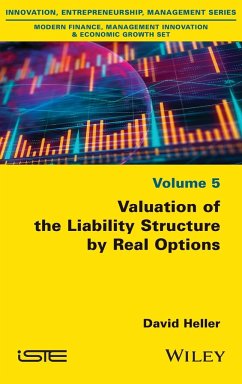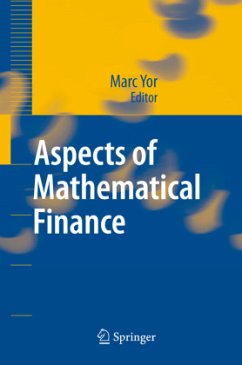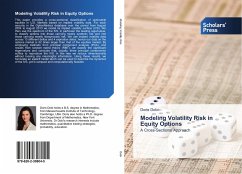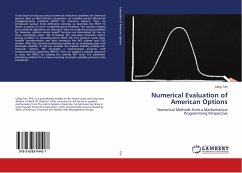
Numerical Evaluation of American Options
Numerical Methods from a Mathematical Programming Perspective
Versandkostenfrei!
Versandfertig in 6-10 Tagen
45,99 €
inkl. MwSt.

PAYBACK Punkte
23 °P sammeln!
In this book we discuss various numerical evaluation problems for American options. Base on Black-Scholes framework, we establish partial differential complementarity problems (PDCP) for American options. Then we introduced various finite difference schemes to discretize the PDCP to obtain a system of Linear Complementarity Problems. The solution analysis and numerical algorithms are discussed. Next we study the pricing problem for American options whose payoff function are determined by two or more underlying assets. We formulate the two-asset American option pricing problem as two-dimensiona...
In this book we discuss various numerical evaluation problems for American options. Base on Black-Scholes framework, we establish partial differential complementarity problems (PDCP) for American options. Then we introduced various finite difference schemes to discretize the PDCP to obtain a system of Linear Complementarity Problems. The solution analysis and numerical algorithms are discussed. Next we study the pricing problem for American options whose payoff function are determined by two or more underlying assets. We formulate the two-asset American option pricing problem as two-dimensional PDCP. We first perform some state variable transformation and then introduce the ADI scheme and LOD scheme. After this, we discuss American option on an underlying asset with stochastic volatility. At last we consider the implied volatility problem for American options. We formulate a mathematical program with complementarity constraints (MPCC). Then we applied a penalty approach to solve the MPCC by utilizing the existing NLP tools. The parameter estimation problem for a mean-reverting stochastic volatility process is also considered.



